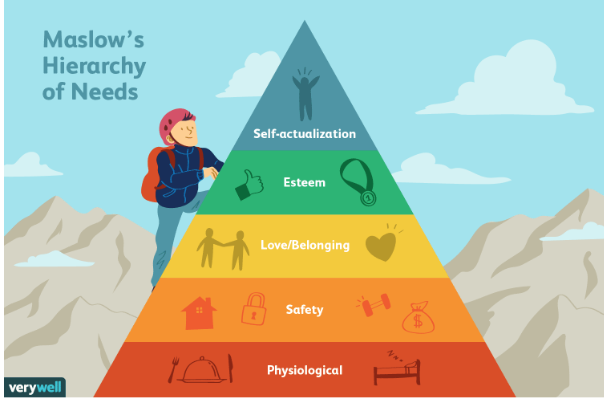
Burnout Prevention for Software Developers
• 6 min read

The modern developer is always “on” because the current state of product development moves constantly. This often translates to late nights, little sleep, and often sporadic self-care habits — if any at all.
The American Psychological Association (APA) states very clearly the adverse health impacts of work-related stress:
Common job stressors such as perceived low rewards, a hostile work environment and long hours can also accelerate the onset of heart disease, including the likelihood of heart attacks.
Statista, very unsurprisingly found that work/life balance issues directly and intensely impact all workers. This is especially true for developers. The good news is that the tide is shifting. The turn-and-burn approach to software development is no longer sustainable.
Simply put, the demands that hyper-growth technology companies often place on their development teams are not sustainable. At Nylas, we deeply value building our own healthy developer culture, while hopefully working with like-minded companies to change the way technology companies think about productivity.
So last month, we hosted a panel discussion on burnout prevention. The goal of the conversation was to answer some “burning” questions around what contributes to developer burnout, and how can the technology community change their cultures to promote health and productivity in the workplace.
The panel included:
“I define a burned out developer as someone who is just mentally collapsing due to overwork and stress.” – Austin Gregory, Nylas
“Burnout is one of those things you don’t realize until you already have it. But people with symptoms of burnout are people who are generally always working, always on — they feel they can never take a break or have any down time.” – Abby Kearns, Cloud Foundry
“Within software, we’re always trying to release things faster. A few decades ago we were releasing software every couple of years. Now we’re releasing software in real time. Medical researchers tend to look at burnout from the perspective of physical exhaustion and medical exhaustion. This includes mental elements like cynicism. How much are you engaging with your work? How do you feel about your co-workers? How do you feel about the value of what your delivering?”
-Henry Jewkes, Split.io
“If you’re operating in an unsustainable fashion, you get to the point where you can’t operate effectively anymore. This is often caused by working too much where you’re not able to take care of your physical, mental and emotional needs.” -Christine Spang, Nylas
See that your basic needs are met daily.
Any psychology student has come across Abraham Maslow’s hierarchy of needs. In general, there are five tiers to this hierarchical system of well-being.

While some of the needs in this wellness system may seem like the holy grail. You may be thinking to yourself, “Cool. So all I have to do is make sure that I’m achieving total Nirvana every day and I wont feel the burn out of developer life.”
While there is no silver bullet to ensuring all of your needs are met every single day, there are some simple self-care action you can take every day.
Prioritize sleep.
While there are times where you must push a feature release through on a tight deadline, that isn’t or should not be the norm. Odds are, you are able to get to bed at a decent hour. There is an exhaustive amount of research showcasing the restorative benefits of sleep. In fact, a lack of sleep can leave your brain in an almost intoxicated state. On the flip-side, a good night’s sleep can dramatically enhance your ability to solve complex problems — a must-have for a software developer.
Eat and drink smarter.
You don’t have to go vegan, paleo or keto to eat well. You can simply start by making smarter eating decisions. You could even just start by making sure you are eating three square meals a day and drinking plenty of water.
Stay active.
Exercise is an excellent way to relieve stress while giving your brain a healthy boost of endorphins. Again, you don’t have to prep for a 10k to be active — though, it probably wouldn’t hurt. You can simply take a break to walk around the office or around the city. You may also find it valuable to skip commuter traffic in favor of biking or brisk-walking to the office.
Meet up at meetups.
The developer life can be lonely. You’re often heads-down with headphones on building the next game-changing product or feature release without a single human interaction for hours. This is especially true if you work remotely. So it goes without saying that human connection is an essential component to warding off the burnout demons.
Avoiding developer burnout is a complex problem without a one-size-fits-all solution. It all comes down to creating a work environment that encourages self care that results in true, creative productivity that results in long-term, sustainable innovation. Building a culture that is conducive to productivity, employee engagement, and overall satisfaction is imperative for creating a healthy organization.
Did you miss our Burnout Prevention event last month? Keep tabs on future Nylas events here.

Serena is our Developer Relations Manager. She is also an organizational psychologist and spends her free time leading music meditations and playing with her puppy.